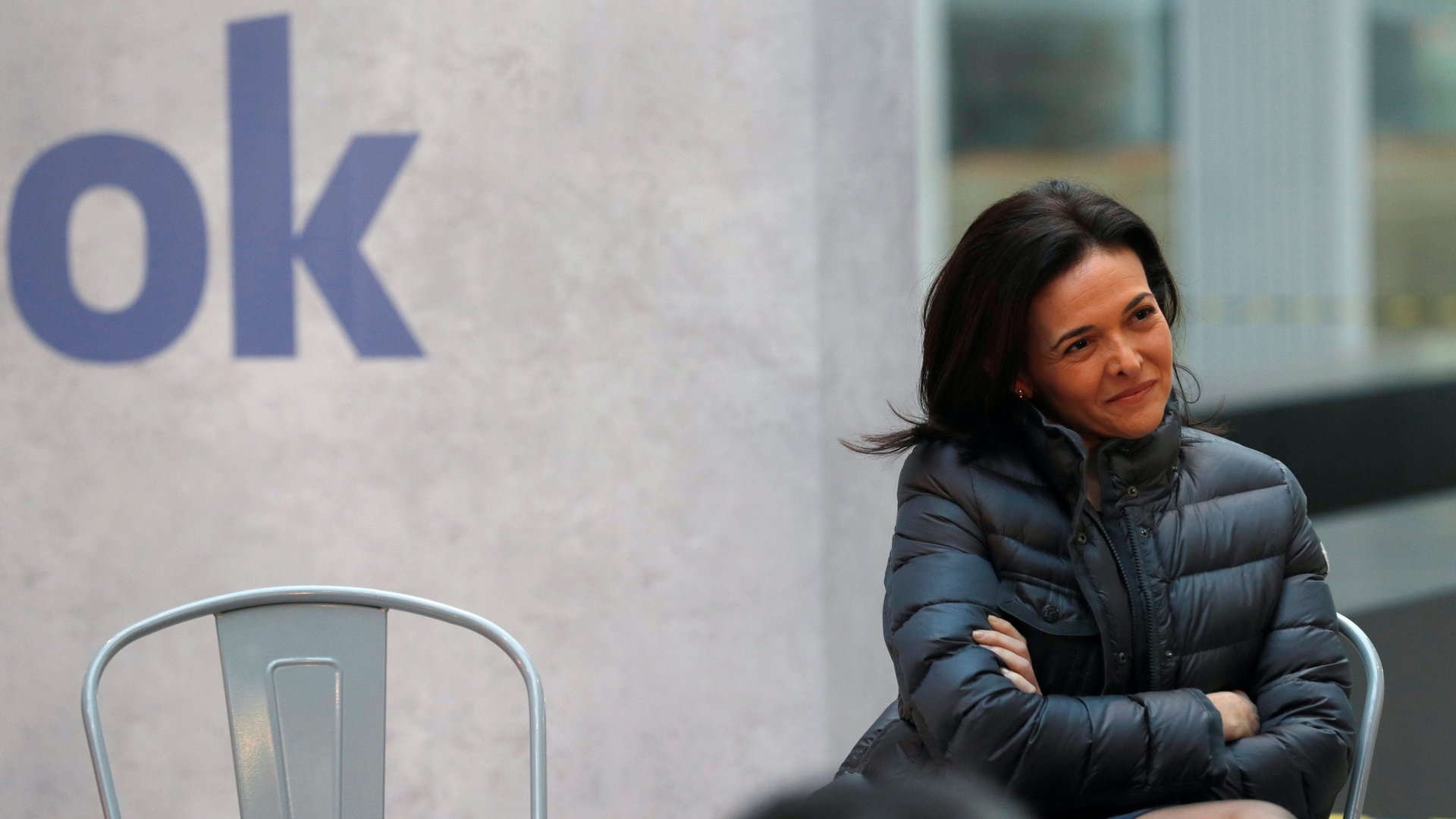Facebook’s business is proving remarkably impervious to Facebook’s controversies
From the numbers Facebook reported today, you’d think its fourth quarter of 2016 was business-as-usual.


From the numbers Facebook reported today, you’d think its fourth quarter of 2016 was business-as-usual.
Revenue hit $8.81 billion, exceeding analysts’ targets. Monthly active users climbed to 1.86 billion—the big 2 billion is in sight!—and mobile daily active users continued their ascent. In every region, revenue per user ticked up, with the US and Canada enjoying a particularly big jump (to $19.28, from $13.54 this time last year).
“This was another good quarter and a good end to 2016,” Facebook CEO Mark Zuckerberg said in his opening remarks to investors. “Facebook stands for connecting people and creating a global community, and in 2016 more people than ever made their voices heard.”
Investors, meanwhile, seem satisfied. Facebook shares ended the day up 2.2%, and then popped another 2% in after-hours trading.
Look beyond the numbers, though, and Facebook’s close to 2016 was anything but normal. The company became exhibit A in a global crisis over “fake news” and loss of trust in institutions. Facebook was accused of spreading hoaxes and misinformation that helped get US president Donald Trump elected, and of worsening political polarization by immersing users in content that they already agreed with.
On the business side, Facebook disclosed a litany of errors in its metrics. In November, the company revealed bugs and reporting errors in four products: “page insights” (analytics for managers of Facebook pages), its video platform, instant articles, and “analytics for apps” (what it sounds like). In early December, Facebook admitted to problems in how it measured engagement with live videos, links to external sites. A week later it revealed a separate issue with counting mobile traffic from iPhone users to instant articles.
Fast-forward to the present and Facebook’s mission of ”connecting the world” is suddenly at odds with the aims of the US president, who has closed America’s borders to refugees and visitors from seven majority-Muslim countries, and drafted an executive order that would upend visa programs used by technology companies to hire tens of thousands of foreign workers every year. The vision Zuckerberg outlined in his founder’s letter five years ago today—better flow of information, more voices heard, honesty and transparency in political dialogue, increased accountability for elected officials—feels further, not closer.
Such considerations are hardly insignificant, but they’re also not things investors tend to worry about, or quarterly earnings to reflect. Trump’s actions on immigration—which prompted extreme backlash in Silicon Valley—came up only when an analyst asked how the changes might affect Facebook’s hiring outlook. (Answer: the company is “optimistic” about talent pools in Seattle, London, New York, Boston, and Tel Aviv.) Facebook’s metrics errors were brought up briefly by COO Sheryl Sandberg, and then just as quickly brushed aside. Filter bubbles and fake news garnered a single mention.
What did Facebook talk about? The video “megatrend,” live selfie masks, milestones on Instagram, and 50 billion daily messages on WhatsApp. Its ever-growing Facebook “community.”
No, the fourth quarter wasn’t business-as-usual. Its events irked Facebook users, sparked dissent among Facebook employees, and cast a shadow on Facebook’s brand. But where things really matter—on Facebook’s bottom line—there was no visible effect. As the stakes rise in 2017, it will be interesting to see whether that lasts.